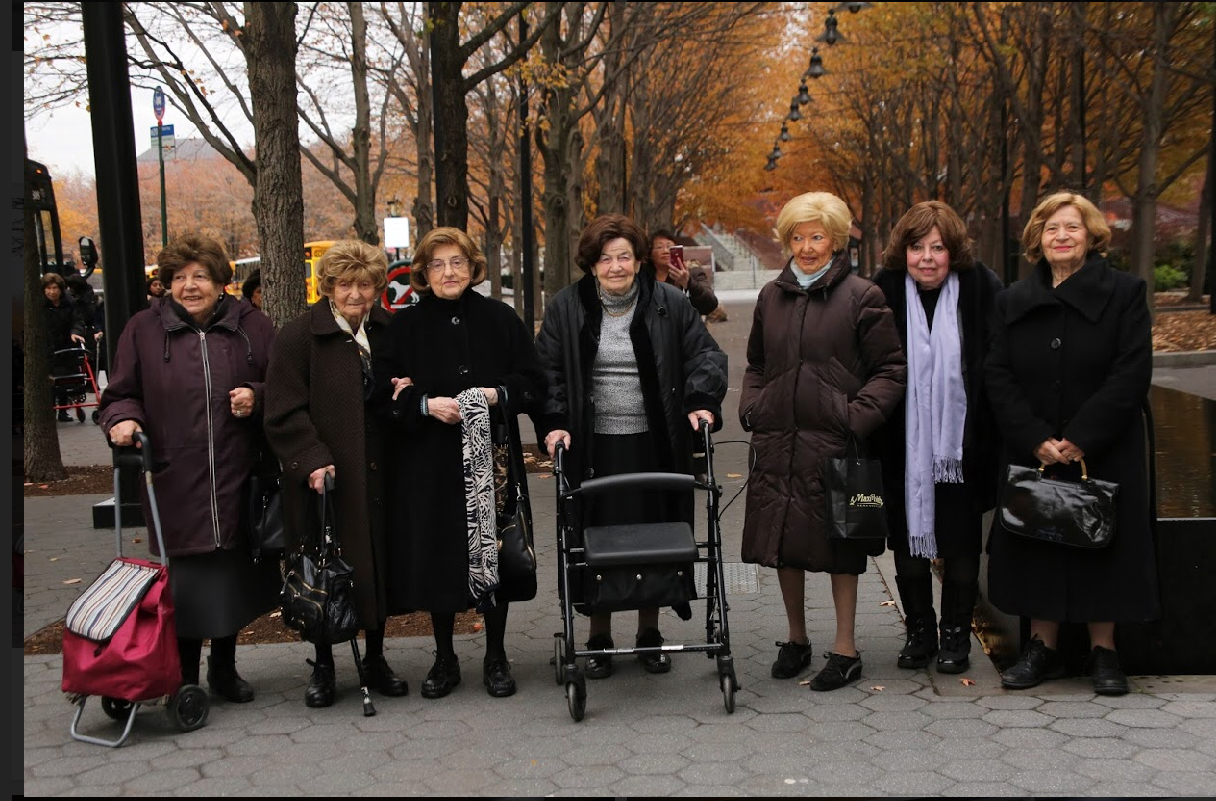Alexander Rand LCSW-R CASAC is a licensed clinical social worker and addictions therapist. He received his master’s degree from Fordham University. He has worked in both inpatient and outpatient facilities, at various Yeshiva high schools in Brooklyn, and as an administrative supervisor for JBFCS
He currently maintains a private practice in Brooklyn NY and serves as an adjunct professor at Brooklyn College and Touro College Graduate School of Social Work.
May 3, 2018
Other posts by:
Alexander Rand
Follow us

Q I am the mother of three children ages four through nine. I hear about so many children who struggle with low self-esteem and don’t feel good about themselves. What can I do to as a mother to make sure this doesn’t happen to my children? I try really hard, but I’m worried that I am not doing enough.
A Thanks for the question. I think it is probably one of the most important questions a parent needs to ask. So many mental health issues can stem from a lack of self-esteem (Rabbi Abraham Twerski writes extensively about this). With regard to the term “self-esteem,” for the purpose of this article let’s assume it encompasses self worth and self-confidence as well.
It appears that self-esteem comes from one of three places, each offering an added level of depth. The first and most external source comes from innate qualities. This can be anything from a good personality, charisma, easygoing nature, to looks or talent (like singing or drawing). These qualities are admired by others in society, which leads a person to appreciate them and feel good. I believe each person was given some innate qualities that they can further develop throughout their life.
The second source seems to come from our accomplishments in life. This can be anything from doing well in school, making money at work, doing kindness, and overcoming obstacles or internal struggles. This adds an added depth to first source as it comes from our choices and the effort we put in rather than being something we were gifted. Perhaps an apt analogy comparing the first two sources is the difference between being born with a large inheritance versus working hard for many years and earning that sum.
The third and most important source is the fact that we were created in the image of G-d (i.e. we have G-d-like qualities), and that our thoughts, speech, and actions matter very much to G-d and to the world. There is no greater sense of worth that a human being can have than that G-d loves him, cares about him, and believes in his ability to make a difference in the world.
I believe as parents our initial role is to model this concept by showing our children unconditional love simply because they were born to us. Children should feel a sense of value from the youngest age possible just for existing. Accomplishments and talents should be viewed as secondary to their value as human beings. This message serves as a springboard for their self-esteem for the rest of their lives. Unfortunately, as a therapist I regularly see the damage done when someone lacked this message growing up and is trying to base their entire self-worth on their accomplishments or talents and on the feedback of others. It seems as if they are constantly chasing something they can never truly reach.
Of course, for our children to really believe this, we need to believe this first. And believe it about ourselves first. This needs to be a message constantly repeated and expressed through our words and actions that show and reinforce that we hold this belief to be true. Then, in addition, we should help our children find and develop their unique talents and strengths. I am a big believer in enrolling children in lessons for a talent they can further develop. This can include any sport they want to play (which really helps boys with popularity in yeshivas), learning to play an instrument, art, or singing lessons. When a child feels that he or she can do something better than most, it instills in them a sense of pride. This is especially true if they work hard to achieve this.
Just like chesed starts in the home, apparently so does self-esteem. ☺
Good luck with your children!





